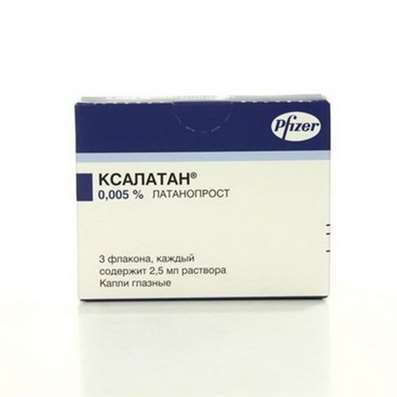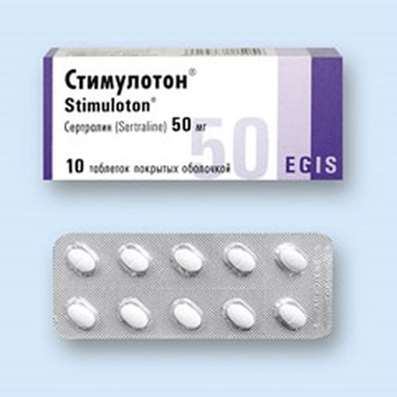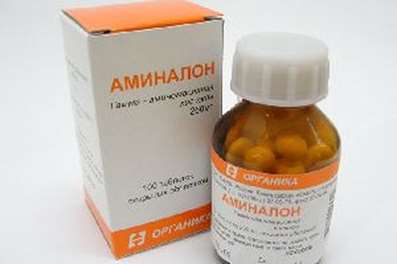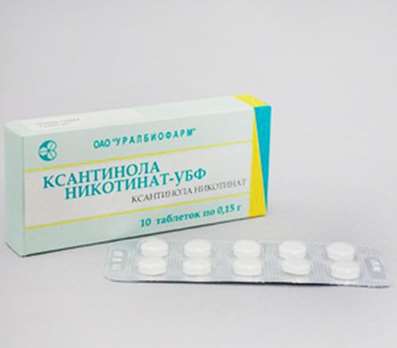Acarbose
28 Nov 2016
Acarbose is a medicine, inhibitor alpha glucosidase, slowing down digestion and an absorption of carbohydrates in a small bowel and, as a result, the reducing body height of concentration of a glucose in a blood after the use of nutrition, and reducing body weight due to decrease of entering of calories. It is better known under the trade name of "Glyukobay" belonging to Bayer AG producer (Germany).

Mechanism of action
Oppressing intestinal alpha glucosidase, reduces enzymatic transformation di - oligo-and polysaccharides to monosaccharide, reducing thereby glucose absorption from intestine and postprandial hyperglycemia, and also reduces body weight. At patients with the broken tolerance to glucose at regular use 2 types, cardiovascular diseases and a myocardial infarction reduce risk of development of a diabetes mellitus. You can also like Renisamin.
Acarbose use development of a hypoglycemia is uncharacteristic. In the researches in vitro and in vivo mutagenicity signs aren't revealed. Introduction with nutrition to rats doesn't influence fertility and the general ability to reproduction.
Regimen of dosage
Inside, without chewing, with a small amount of liquid just before meal or in 1 h after food. An initial dose — 50 mg 3 times a day with gradual augmentation of a single dose to 100 — 200 mg (the augmentation of a dose is carried out in 4-8 weeks of treatment at an interval of 1-2 weeks, depending on the maintenance of a glucose in a blood and an individual acceptability). An average dose at adults with body weight less than 60 kg — 50 mg, more than 60 kg — 100 mg 3 times a day. The maximum daily dose is 600 mg/days.
Prophylaxis: an initial dose — 50 mg of 1 times a day with gradual augmentation of a single dose to 100 mg (the augmentation of a dose is carried out within 3 months).
Side effects
From the alimentary system: epigastric pain, meteorism, nausea, a diarrhea, it is rare — rising of activity of "hepatic" transaminases (at reception in a dose of 150 — 300 mg/days), an intestinal obstruction, an icterus, hepatitis.
Allergic reactions: dermal eruption, hyperemia, exanthema, urticaria.
Others: seldom — edemas.
Analogs
Cheaper analog is drug Voksid.

 Cart
Cart





